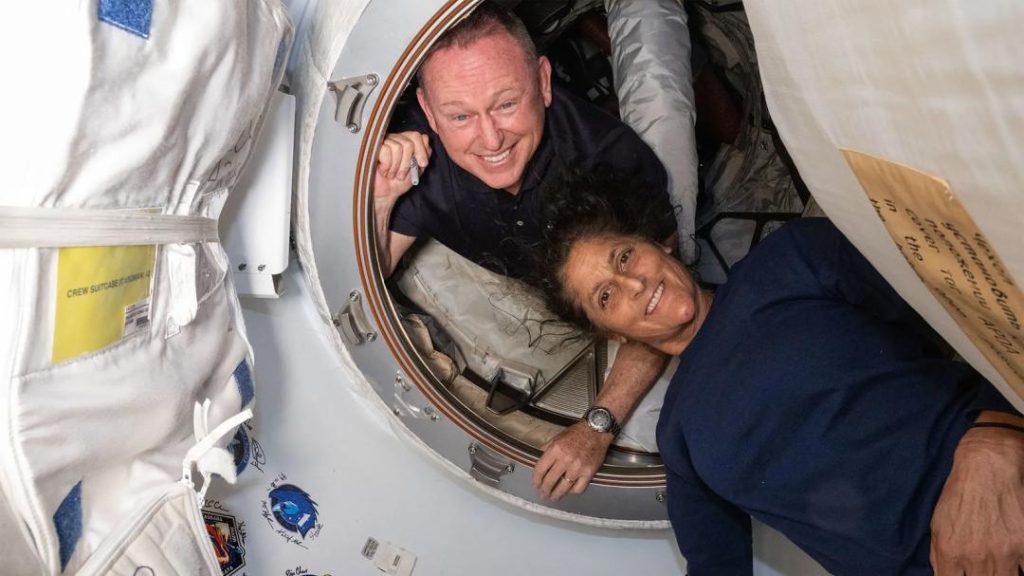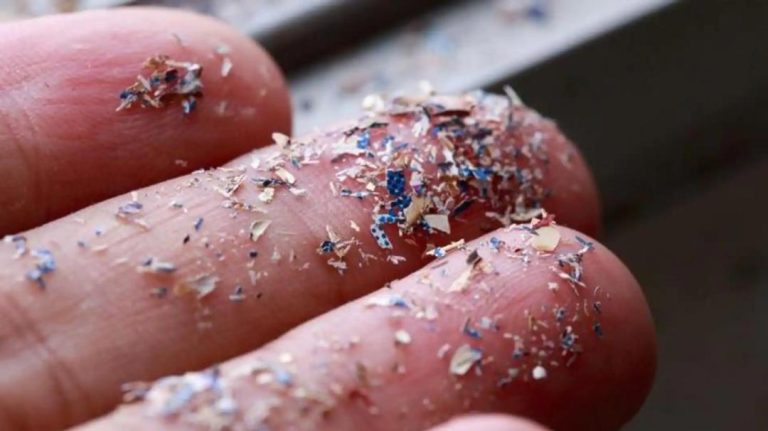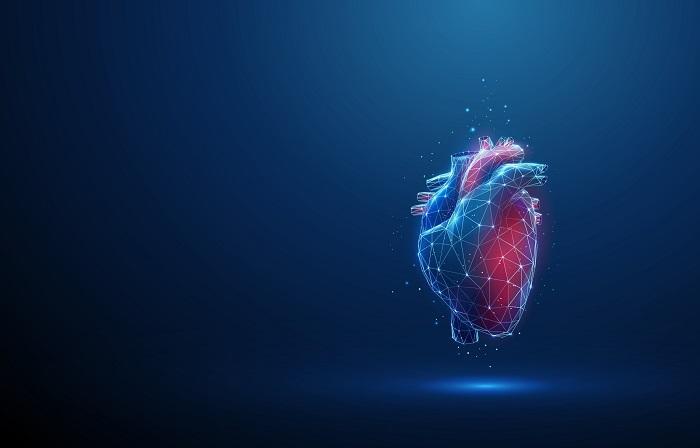
What Challenges will Sunita Williams & Butch Wilmore Face After Returning to Earth?
Next week, astronauts Sunita Williams and Butch Wilmore will return to Earth after completing their space missions. While their journey to space has been an incredible achievement, their return to Earth might not be as smooth. In fact, they might face a series of challenges that can affect their physical and mental well-being.
One of the primary concerns is the issue of “baby feet.” Due to the lack of gravity in space, astronauts tend to lose muscle mass and bone density, which can cause their feet to become soft and floppy. This condition is often referred to as “space feet” or “baby feet.” When they return to Earth, they may experience difficulty walking or even standing, as their feet struggle to adapt to the gravitational pull.
But that’s not all. Astronauts also experience a loss of blood volume in space, which can lead to symptoms such as dizziness, nausea, and even fainting. This is because the body adapts to the microgravity environment by constricting blood vessels, which can cause a significant decrease in blood volume. When they return to Earth, their bodies need to readjust to the gravitational forces, which can lead to these symptoms.
Another significant challenge that astronauts face is the loss of bone density. In space, the lack of gravity causes the body to lose bone mass, particularly in the hips, spine, and legs. This can lead to osteoporosis, a condition characterized by brittle and fragile bones. When they return to Earth, astronauts need to take steps to counteract this loss and rebuild their bone density.
So, what can astronauts like Sunita Williams and Butch Wilmore do to overcome these challenges? The first step is to engage in physical exercise to rebuild their muscle mass and bone density. This can include activities such as running, cycling, or swimming. They may also need to follow a specialized diet that is rich in calcium and vitamin D to support bone health.
In addition to physical exercise and diet, astronauts may also need to undergo rehabilitation therapy to help their bodies readjust to the gravitational forces of Earth. This can include physical therapy sessions to strengthen their muscles and improve their balance and coordination.
Furthermore, astronauts may also experience mental health challenges after returning to Earth. The transition from space to Earth can be difficult, and astronauts may need to adjust to a new environment, new routines, and new responsibilities. They may also experience feelings of isolation and loneliness, which can be a significant challenge.
To overcome these mental health challenges, astronauts may need to engage in counseling or therapy sessions to help them cope with the transition. They may also need to reconnect with their loved ones and engage in activities that bring them joy and fulfillment.
In conclusion, while Sunita Williams and Butch Wilmore’s journey to space has been an incredible achievement, their return to Earth is not without its challenges. They will need to overcome issues such as “baby feet,” blood volume loss, bone density loss, and mental health challenges. However, with the right support and rehabilitation, they can successfully transition back to life on Earth and continue to inspire future generations of astronauts.






